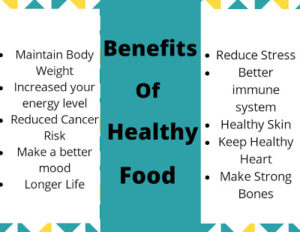

She adds that zinc deficiencies are associated with ADHD in children as well. What are the symptoms of a zinc deficiency?īeyond affecting one's ability to taste, symptoms of a zinc deficiency include a weakened immune system, hair loss, impotence, eye problems, and "several studies suggest an association between low levels of zinc and the risk of depression," says Naidoo. Research shows it may also slow the progression of age-related macular degeneration − an eye condition that decreases sight in some people.Īs mentioned before, zinc is also involved in the diffusion of taste stimuli in one's taste buds and is sometimes used as a treatment for taste disorders as a result. Zinc is, however, "an effective treatment for acute diarrhea in children," she says. Its lozenge form has often been associated with preventing or improving symptoms of the common cold, but Zeratsky says such research is not robust.


Zinc also plays a major role in the creation of DNA, cell growth and the healing of damaged tissue. Zeratsky says such enzymes, along with proteins and genes, are essential for healthy "growth and development," and for the "maintenance of a healthy immune system, skin, hair and nails." It has a host of health benefits, and "is necessary for the activity of over 300 enzymes that aid in metabolism, digestion and nerve function," says Uma Naidoo, MD, director of nutritional and lifestyle psychiatry at Massachusetts General Hospital and the author of “ This is Your Brain on Food." Zinc is an essential mineral found in cells throughout our bodies but it isn't produced in the body and must be obtained through supplementation or food and drink consumption. Of course, zinc has much more to offer than improving one's sense of taste, it's a nutrient that "plays a key role in over 100 actions in our body," says Kate Zeratsky, a registered dietitian nutritionist at Mayo Clinic in Rochester, MN. For most of us, savory and flavorful foods are among life's great pleasures − mouthwatering experiences enriched, in part, because of a little mineral called zinc. If you're among the 38 percent of people who lost your sense of taste after a COVID infection, you know what it's like to bite into a crunchy taco or lick your favorite flavor of ice cream and know something's missing.


 0 kommentar(er)
0 kommentar(er)
